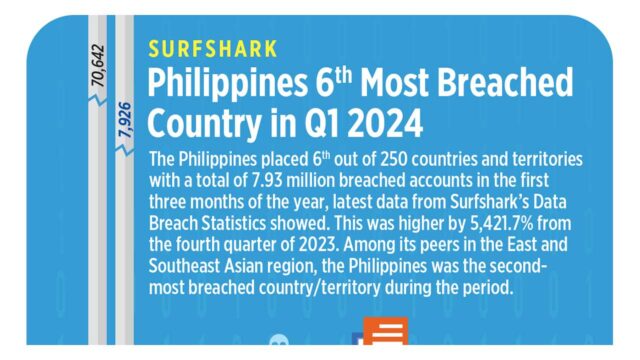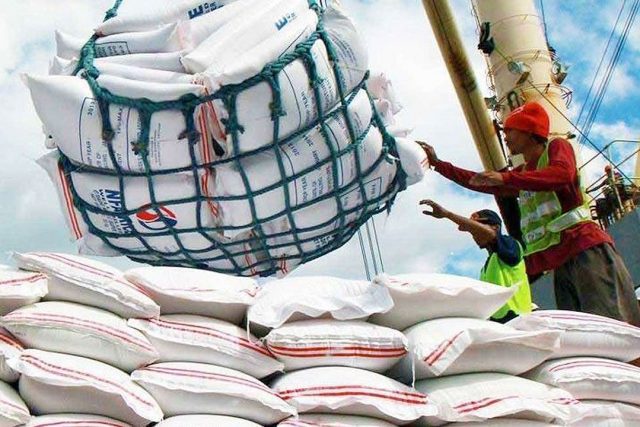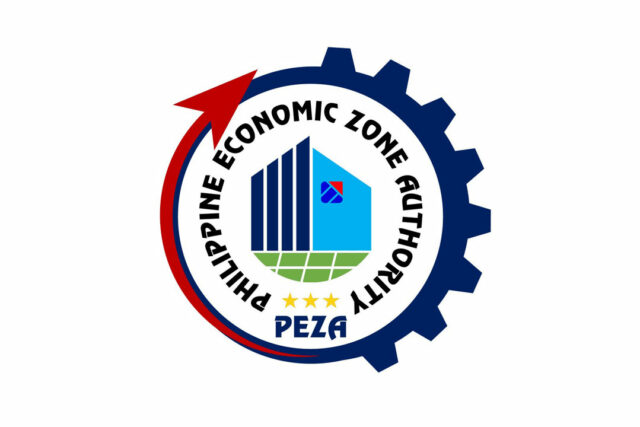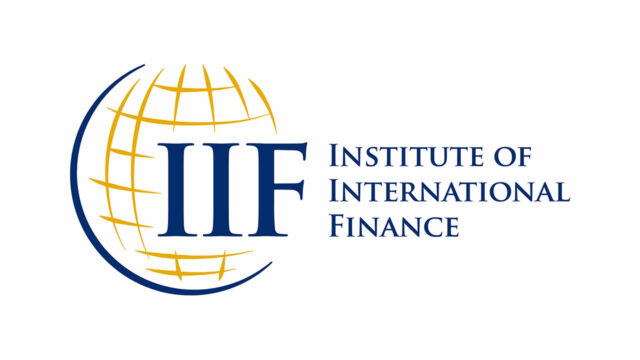FARMERS on Thursday asked the Supreme Court (SC) to issue a temporary restraining order (TRO) freezing an executive order (EO) issued by President Ferdinand R. Marcos, Jr. that had reduced the tariff on rice imports to 15% from 35%.
The signatories to the TRO petition, Samahang Industriya ng Agrikultura, Federation of Free Farmers (FFF), United Broiler Raisers Association, Sorosoro Ibaba Development Cooperative, and Magsasaka Party-list, argued that their right to be consulted was violated and that the lowering of tariffs would threaten their livelihoods.
They also asserted that the EO failed to comply with the customs modernization law’s specified procedure for lowering tariffs.
Executive Order No. 62 was issued on the recommendation of the National Economic and Development Authority (NEDA) and later effected by the Tariff Commission.
“This Executive Order was hastily issued sans the consultation, investigation, hearings, reports — which are required by… the Customs Modernization and Tariff Act (RA 10863), to be complied with before the President can validly (issue) an Executive Order involving tariff reduction,” according to the 27-page petition.
The petition also asserted that farmers have constitutional protections against unfair competition and trade practices.
President Marcos issued order to mitigate the impact of inflation and make the staple grain more affordable.
In a statement, NEDA Secretary Arsenio M. Balisacan said: “We are currently awaiting the receipt of the petition and wish to express our utmost respect for the legal process. Please be assured that NEDA, through the Office of the Solicitor General, will respond appropriately in due course.”
The Tariff Commission had not replied to an e-mail requesting comment at the deadline.
“Before the EO was issued, the projection was (that the Philippines) would be importing about 4.1 to 4.2 million metric tons (MMT) of rice. With this new EO, (we’re looking) at 4.6 MMT. Our imports of rice last year were 3.6 MMT, former Agriculture Secretary and FFF National President Leonardo Q. Montemayor told reporters during the filing.
The Department of Agriculture’s (DA) own projection is 3.9 MMT of imported rice this year. The high-end estimate of 4.6 MMT was issued by the US Department of Agriculture, which specifically cited the lower tariffs as well as increased consumption in upgrading its previous forecast.
The petition before the tribunal said lowering tariffs on staple foods like rice and corn undermines farmers, who will need to contend with imported competition, weakening their earnings.
“As a result, their livelihoods and the agricultural sector in general may suffer, which can exacerbate rural poverty and (widen) economic disparities,” the petitioners added.
Mr. Montemayor added that overreliance on imported rice threatens to deter farmers from pursuing their trade.
“We expect many farmers to no longer plant rice, especially this coming season. We estimate around 500,000 farmers… will no longer plant. Or, if they do plant, they will reduce their production significantly. So, food security will be very much at risk,” he said.
In a separate briefing on Thursday, DA Assistant Secretary Arnel V. de Mesa said that a successful TRO petition would negatively affect efforts to build up rice reserves.
“It will delay our private importers… (and) our national rice stock would be affected… There would also be a delay in lowering rice prices if the TRO was granted,” Mr. De Mesa said.
Well-milled rice sold in markets in the capital region for between P52 to P55 per kilo, while regular-milled rice fetched P47 to P51 per kilo, DA price monitors reported on July 3.
Rice imports in the first six months of 2024 totaled 2.28 MMT, the Bureau of Plant Industry reported last month.
Finance Secretary Ralph G. Recto last month said the government will forego up to P22 billion in revenue due to the tariff cut.
He described the move is “short-term,” citing the need not to be too reliant on imported rice.
Leonardo R. Abella, a 53-year-old farmer from Rosales, Pangasinan, joined during the filing of the petition.
“Nothing will be left for us. We’re already in debt, then the prices will drop again…. We’re becoming even poorer. Everything we buy for use in the fields is expensive. That’s why there’s nothing left for us,” he told BusinessWorld in Filipino.
He added that if policies unfriendly to farmers continue to pass, farmers might eventually disappear. — Chloe Mari A. Hufana
















